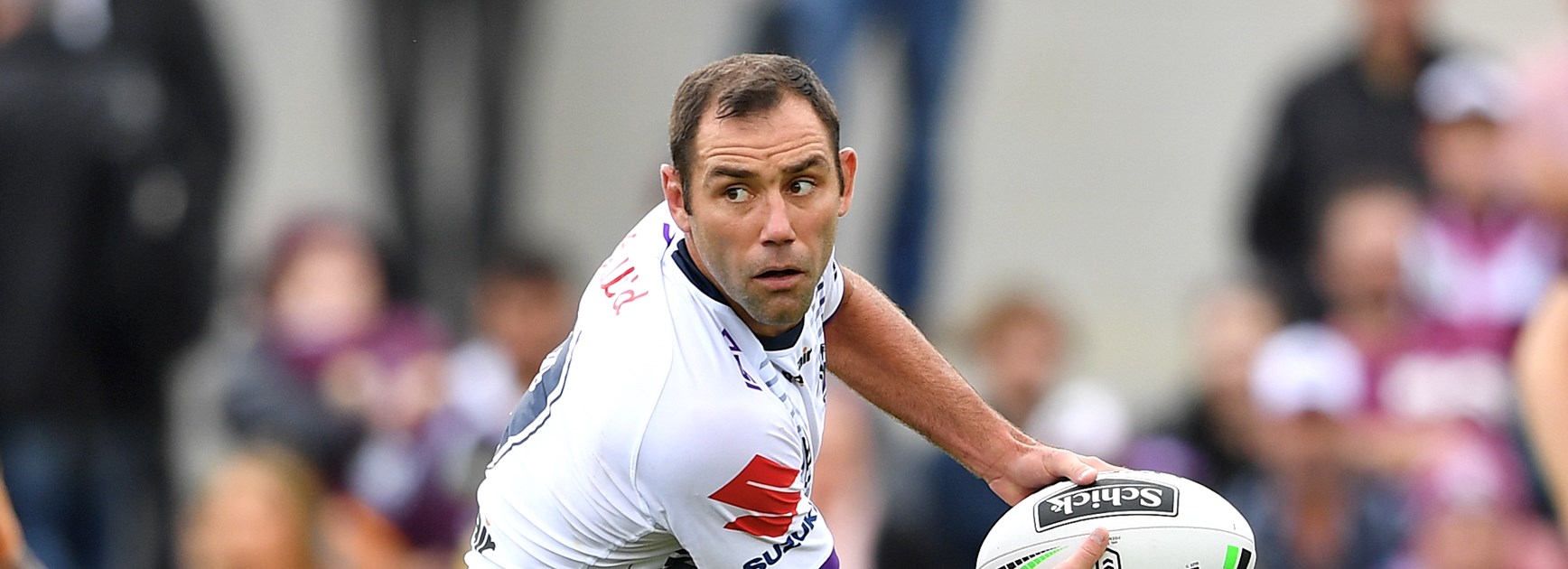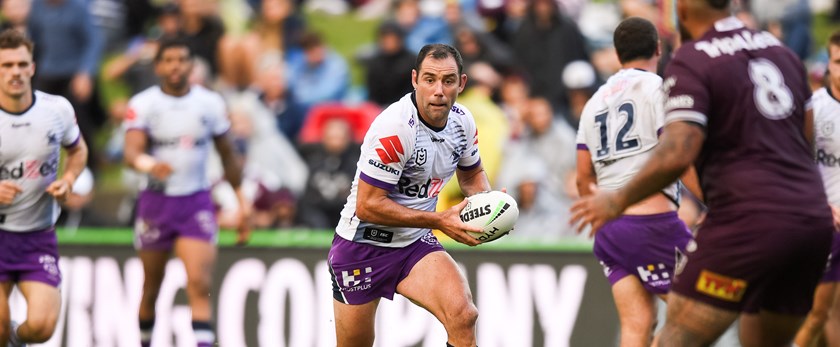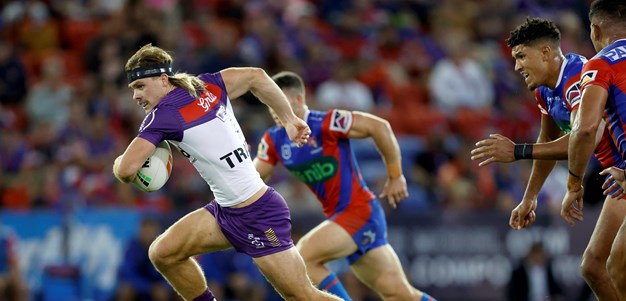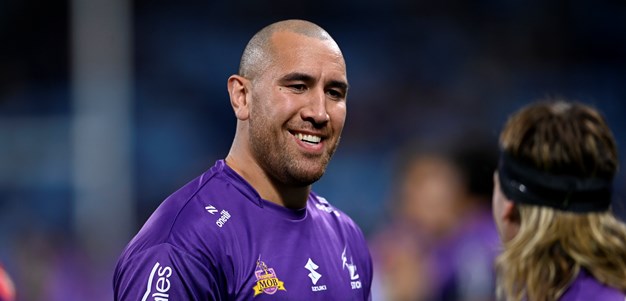
‘I can clear my head pretty quick’: Cameron Smith on what it takes to be a champion — and why the critics don’t matter.
Via: Fox League/Ben Ikin.
The year was 2017, Queensland had just won game two of the State of Origin series, squaring the ledger at one win apiece.
Kevin Walters was Maroon’s coach, Cameron Smith his captain.
Smith spoke after the win and conveyed how disappointed he was in his own performance, with a qualifier, he would be much better in game three.
The prediction was subtle, matter of fact, and maybe perceived by some as arrogant, kind of like when Babe Ruth pointed to the bleachers.
It takes a very strong sense of self to tell the world what you’re going to do before you actually do it, particularly in one of the toughest sporting contests on the planet.
Smith remembers the clarity of thought he experienced walking off the field after game two.
“I knew I didn’t have enough influence on our attack,” said Smith. "I hadn’t run the ball enough. Three runs in game one and only one run in game two. It just wasn’t good enough. That’s where I knew I needed to be better, it was all very clear to me, even before game two had finished.”

Problem solved. All in the time it took him to get from the field to the dressing sheds after a State of Origin game.
And of course, the things he predicted he would do in game three, he did.
That is why Cameron Smith sits in the top echelon of the world’s sporting elite.
Sports Psychologist Phil Jauncey described Smith’s response this way, “Cameron wasn’t being arrogant, he was simply taking personal responsibility, it’s how the great ones approach the process of winning, it’s never someone else’s job.”
Jauncey is right, and if you’re one of the many people currently glued to the Netflix documentary The Last Dance about Michael Jordan’s Chicago Bulls, you know that champions are wired different. Excellence can feel uncomfortable for those in its company. Cameron Smith is a laid-back bloke, most of the time.
Turning up 30 seconds before a team meeting or a bus ride to training is not uncommon, nor is appearing unfazed in the midst of chaos, both in life and league.
The flaw in Smith’s laconic approach was one of the first things Craig Bellamy spotted when he arrived in Melbourne to coach the Storm back in 2002.
“It was pretty clear Cameron had great natural ability, but early on I felt he was training within himself,” said Bellamy. “I told him if he wanted to be more, he had to give more.” And he did. Together, Smith and Bellamy have formed a potent partnership.
Like Phil Jackson getting Michael Jordan to put team before self, Bellamy taught his captain about the value of hard work.
“Playing for Craig Bellamy is pretty basic,” said Smith. “Know your job, which is always made clear and simple, and do your job. “What most people find challenging about playing here; we work damn hard.”
It’s from that manufactured base of supreme physical and mental condition that Cameron Smith let his natural talents loose on the competition. Most would agree that if Smith isn’t the greatest player of all time, he is certainly in the top five.
Like his Origin three prediction back in 2017, the wily dummy half has a very subtle and matter of fact way he goes about his work.
A run here, a pass there, isolate one defender over others, control the pace of play with a tackle or kick, all components strategically linked to kill off the opposition with a thousand cuts. The bigger the stage, the more focused and deliberate he is.
Via: Ben Ikin - Fox League.













